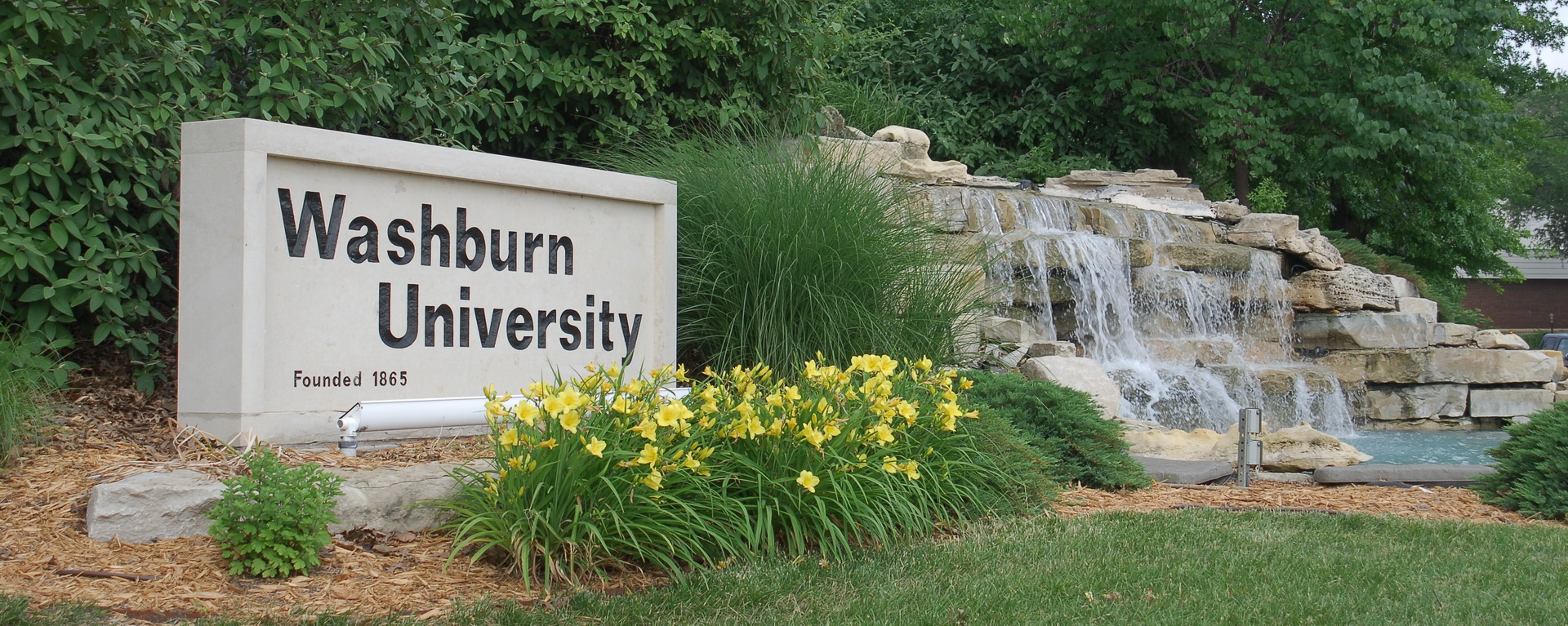For the following items please contact the departments specified.
- Plastic bags
- Drop off with the Biology lab supervisor in Stoffer Science Hall.
- Electronics
- Dispose through the IT Department.
- Hard-backed books
- The University does not have a recycling option at this time however pages may be removed from books or the binding sawed off, and then the paper stock may be deposited into the University "single stream" recycling.
- Alkaline batteries
- We do not recycle alkaline batteries unless they are REALLY OLD and are labeled "contains mercury". Residents may choose to recycle alkaline batteries at the County HHW facility (call first).
- Rechargeable batteries
- Please contact the Facilities Services Sustainability Coordinator (785) 670-1132 for specifics.
- Furniture and Office equipment
- Dispose through the Washburn Surplus Department and later donated to Habitat ReStore. For these items please coordinate disposal with the Purchasing Inventory Manager at (785) 670-2313 and then submit a Facilities Services work request that includes your foapal. This does requires a chargeable work order.
- Toner cartridges
- Return to manufacturer.
- With return labels;
- Some manufacturers such as Hewlett Packard supply return labels with new cartridges, other manufacturers such as OKI require you to fill out return labels from their website.
- Seal box and affix return label according to directions on the toner cartridge box or manufacturers website, then either hand deliver or send box through campus mail to UMAPS.
- Without return labels;
- Collected by the IT Department (Bennett Computer Center room 104).
- With return labels;
- Return to manufacturer.
In addition to the above items, Facilities Services also recycles the following materials generated on campus as part of normal operations:
- Scrap Metal
- Fluorescent Lamps
- Anti-Freeze
- Motor oil
- Tires
- Paint
- Wood pallets


